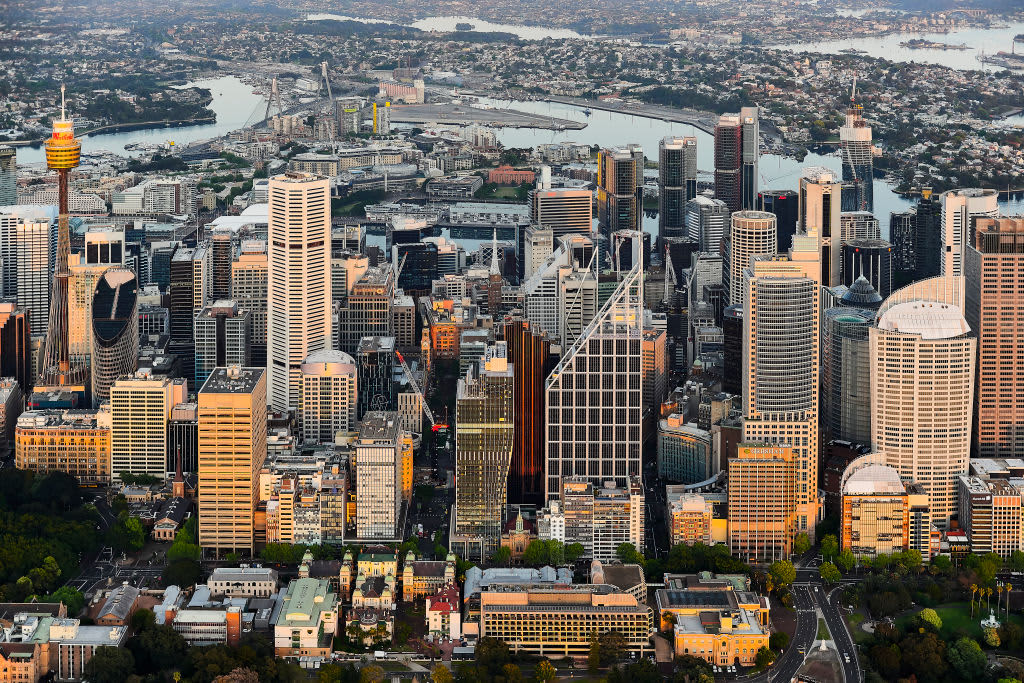The vaccine rollout in Australia has been slow and haphazard, with mixed messages from government leaders and health advisors. When deciding which Covid vaccine to take, the country’s top professional body for doctors says people should follow the advice of the Australian Technical Advisory Group on Immunisation. In Australia, ATAGI advises the health minister on vaccine issues. “We are recommending following the expert advice, but, at the end of the day, people can make their own decisions because these are all safe and effective vaccines,” Omar Khorshid, president of the Australian Medical Association, said Thursday on CNBC’s “Squawk Box Asia.” While Australia has done a good job of keeping infections under control, it is experiencing some vaccine supply issues. Only the Pfizer-BioNTech and Oxford-AstraZeneca vaccines are currently approved for use, and both require two doses to achieve full immunity. The Australian government’s and ATAGI’s contradictory messages have caused confusion — and skepticism — about the available vaccines and their safety. What are the opinions of experts? ATAGI says that people between the ages of 16 and 59 years old should preferably receive Pfizer shots while the government says those people can opt for AstraZeneca after consulting their doctors. Pfizer shots are in short supply in the country and reports say the bulk of the doses could arrive only in the third quarter. The advisory group’s recommendation came after data showed there were higher risks and observed severity of an extremely rare blood clotting disorder — known as thrombosis and thrombocytopenia syndrome — related to the use of AstraZeneca vaccines observed in Australian adults in their 50s. On June 24, 2021, people queue outside a vaccination center in Sydney, as residents were largely barred from leaving the city to prevent a spreading outbreak of the highly contagious Delta Covid-19 variant. SAEED KHAN | AFP | Getty Images The group concluded that the benefits of receiving the AstraZeneca dose outweighed the risk of blood clots in those aged 60 and up. What does the government say? Prime Minister Scott Morrison said on Monday that people under the age of 60 can get the AstraZeneca vaccine if they want to, as long as they talk to their doctors about it. He added that the country would introduce a new “no fault indemnity scheme” for general practitioners who administer Covid-19 vaccines. “According to the ATAGI recommendations, AstraZeneca should be available and made available to those over the age of 60. The advice does not, however, preclude people under the age of 60 from receiving the AstraZeneca vaccine “According to an official transcript of Morrison’s press conference, “So, if you want to get the AstraZeneca vaccine, we would encourage you to… talk to your doctor about it,” he said. Vaccine development Despite the mixed messaging and political tactics, the vaccine rollout is progressing well, according to Khorshid of the Australian Medical Association. He claims that nearly two-thirds of Australia’s most vulnerable people have already received one dose of the AstraZeneca vaccine and are scheduled to receive their second doses soon. Nonetheless, according to data published by “Our World in Data,” only over 23% of the population has received at least one dose of vaccination, with only approximately 6% having been fully immunized. Aerial view of Sydney, Australia’s Sixty Martin Place. Getty Images | Mark Syke | View Pictures | Universal Images Group Authorities in Australia are also scrambling to contain pockets of outbreak as the country tries to contain the highly dangerous coronavirus delta form, which was initially detected in India. According to reports, seven cities with a combined population of 12 million people, including Sydney, Brisbane, and Perth, are now under lockdown. According to Khorshid, the medical organization wants the national cabinet to take a stronger stance on broader concerns including border closure agreements and hotel quarantine measures./n
Read MoreAustralia’s mixed messages on Covid vaccines sow confusion
2021-07-01T08:49:57-04:00July 1st, 2021|





